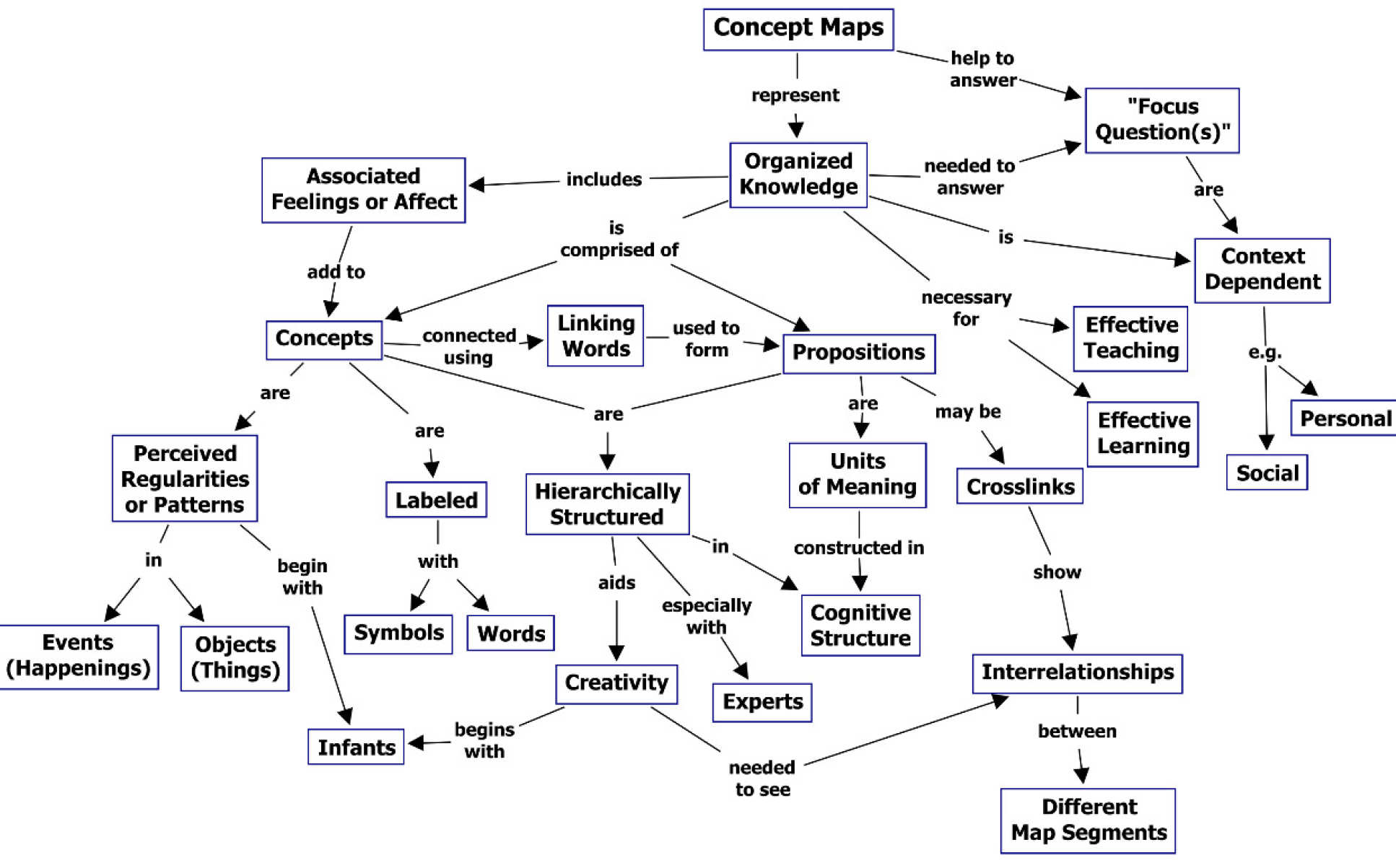The thing that doesn’t fit is the thing that’s the most interesting: the part that doesn’t go according to what you expected. — Richard P. Feynman
The question of why has long been a center of attention for philosophers, scientists, mathematicians, and basically everyone else living on this planet. Some have even tried to prohibit people from asking the question… but why? The ability to ask why is one of the most powerful tools that has enabled humans to dominate all living species on the globe. Given the deterministic — cause and effect — nature of the world we live in, knowing why means guessing the long chain of cause and effect. This, in itself, gives us the ability to predict the future. From this perspective, asking why is merely asking for the cause, and knowing the cause is not enough to fulfill humans’ search for meaning. Or is it?
Before discussing anything, defining terms is the most important step 1 This ensures all parties are thinking about the same thing when a certain word is used. Let’s start with the word “Meaning”. What does it even “mean”? Meaning is inherently a human phenomenon. When a person consistently “understands” something in the same way each time they are presented with the same or similar information, that information actually “means” something to the person. So what is the meaning of human life? The answer is “exactly what a human understands about life”.
The question “Why?” sounds so simple yet it has many deep layers to it. Richard Feynman beautifully articulates this phenomenon in “Fun to Imagine” series.
What he basically says is that asking why requires one to know the framework by which the answer is expected. Being well-acquainted with our frameworks might be the step towards asking the best why questions. This leads us to self-criticism. Criticizing ourselves based on asking proper why questions is essential. So, when asking the question, we assume the answer to these two questions: What do I know? What do I want to know? It is sort of like going from point A to point B in our mental world. Let’s examine a sample question: Why is the sky blue?2 Here is the answer by NASA There could be many layers of answers to this question, but normally we can simplify it into these two questions. What do I know? Well, you might say, I am just a high school student with basic knowledge of physics, optics, colors, etc. You might also say that you know what the sky is and the fact that the sky is blue. You just lack the logical path and connections between these two mental points: physics knowledge and basic facts such as the blueness of the sky.

After knowing the answers to these two questions, we understand the framework of the “why.” Returning to the meaning argument, knowing the listener’s framework is crucial for conveying the intended meaning. What if the listener’s assumed knowledge is wrong or insufficient? Well, the listener will not be able to mentally connect the points. Our thought processes are optimized for these situations too. When we encounter information contradictory to our mental map of knowledge, we start to question our assumed knowledge. Correcting these erroneous or incomplete assumptions helps us understand things better and quicker, as it refines our knowledge maps. This approach really resembles the way Deep Neural Networks3. See 3Blue1Brown’s “Neural Networks” EP:1-4 for learning more about Deep Neural Networks and Backpropagation algorithms.improve themselves through backpropagation algorithms.
Have you ever experienced a sense of enlightenment when engaging deeply in conversation about profound topics with a friend? Well, perhaps you’ve experienced it with yourself too. When we articulate our thoughts — whether on a website, paper, or someone’s ears — our brains are reprocessing that information. This ensures our ideas about the concepts are well understood. When we understand new things, they challenge our previous beliefs. That’s why I love understanding new concepts. In short, the purpose of this blog is to express my thoughts and understand them better together with the readers. Understanding something starts with a single question: Why?
I am open to discussions and criticisms. Feel free to contact me via email or any other platform.
Footnotes
-
See epistemology. ↩
-
See 3Blue1Brown’s “Neural Networks” EP:1-4 for learning more about Deep Neural Networks and Backpropagation algorithms. ↩